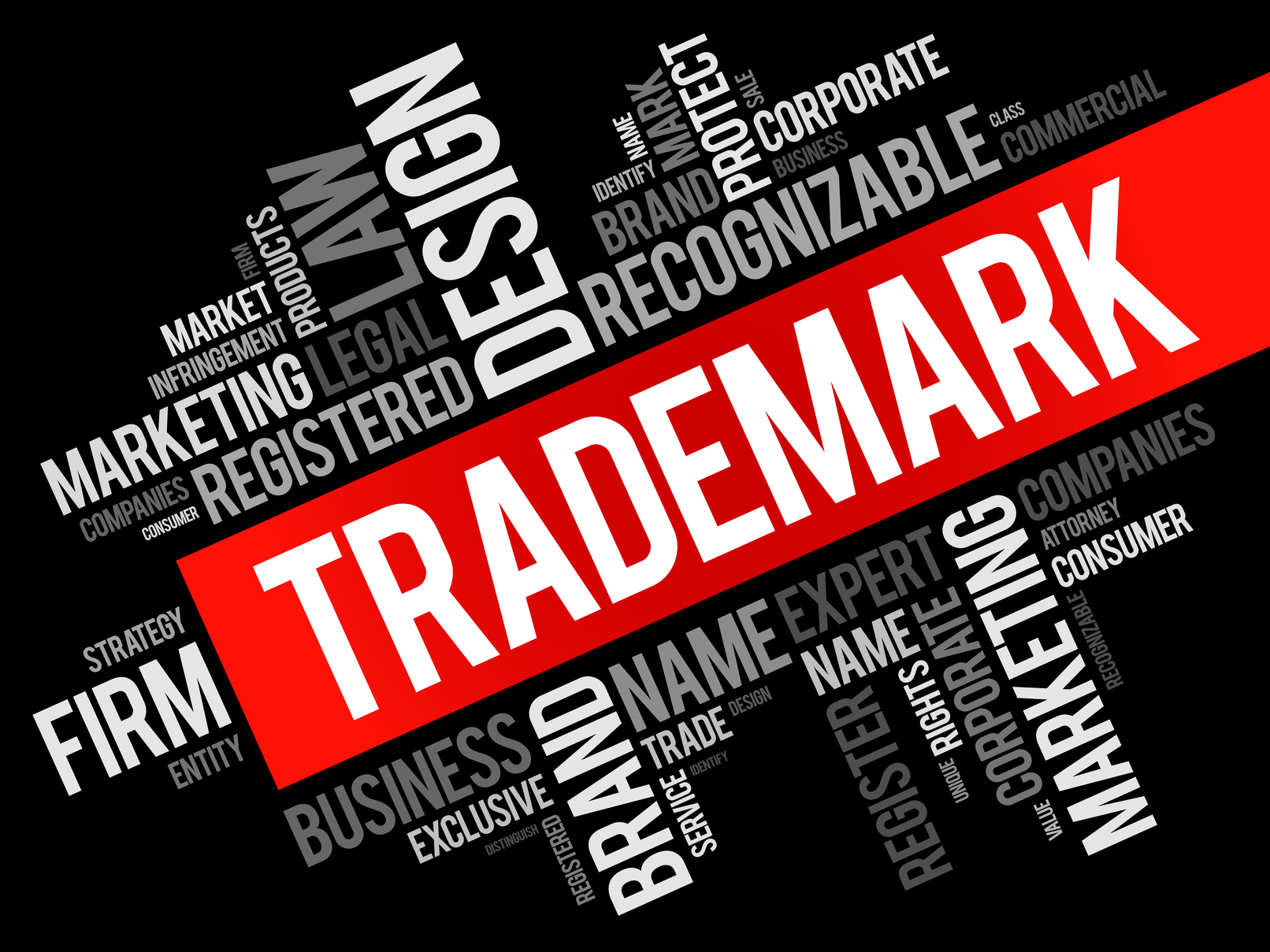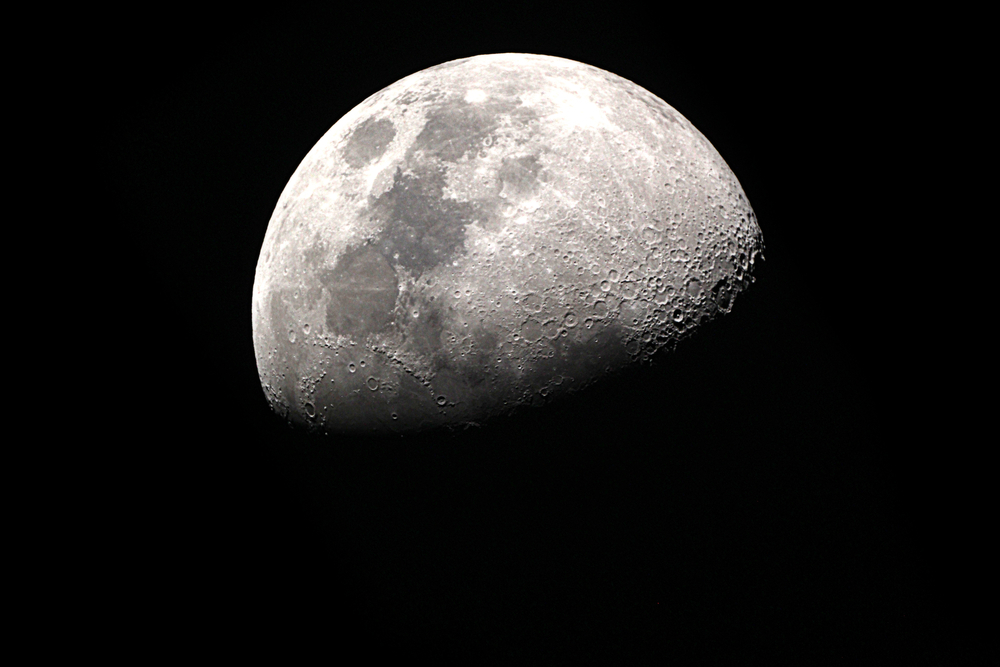Singer Ariana Grande has filed a $10 million lawsuit against clothing retailer Forever 21 and a related beauty company, claiming that they misappropriated her name, image, and likeness to promote their products following failed endorsement deal talks between Grande and Forever 21. Grande claims that after she declined to enter into the deal due to an insufficient financial offer, Forever 21 and beauty company Riley Rose hired a lookalike model and launched a social media campaign intended to coincide with the release of her fifth album.
Articles Posted in Intellectual Property
On Monday, June 24, 2019, the United States Supreme Court issued a decision in Iancu v. Brunetti, 588 U.S. ___ (2019), holding that the Lanham Act's bar on registration of immoral or scandalous trademarks violates the First Amendment. At issue in the case is the trademark FUCT, pronounced as four letters, which is the clothing brand founded by Erik Brunetti. Justice Elena Kagan, writing for the majority, wrote that the Lanham Act's bar on immoral or scandalous trademarks is viewpoint-based discrimination in violation of the First Amendment.
On Thursday, March 21, 2019, Tesla filed a lawsuit against one of its former engineers, alleging that he copied the company’s Autopilot source code before moving to a Chinese self-driving car start-up in January. The lawsuit claims that the engineer, named Guangzhi Cao, copied more than 300,000 files associated with the Autopilot source code before joining his new employer, China’s Xiaopeng Motors Technology Company Ltd.
Sprint, a competitor of AT&T, has filed a lawsuit in federal court to attack the use of 5G Evolution branding by AT&T. It argues that this phrase and the 5GE tag associated with it are misleading because these phones and networks do not use 5G technology. Sprint is asking the court for an injunction against AT&T to stop it from using 5GE tags.
In the case of Iancu v. Brunetti, the Federal Circuit recently ruled that a section of the Lanham Act was unconstitutional. This federal law governs the registration of trademarks. Section 2(a) of the Lanham Act prohibits the registration of trademarks that are immoral or scandalous. The Federal Circuit reviewed this provision in…
Last week, Chooseco LLC, the publisher of the Choose Your Own Adventure children’s book series, filed a federal lawsuit against Netflix.
Now that marijuana is legal in Canada and its legality is expanding in a majority of U.S. states as well, many companies are racing to patent new formulations of the product.
A domain broker based in Englewood, New Jersey has been sued for cybersquatting. According to the estate of the late actor and recording artist, Prince, domain broker Domain Capital infringed on its “PRINCE” trademark when it cybersquatted on the prince.com website.
When Laura Murray was 10 years old, she received a small glass vial containing light-gray dust from an old friend of her father’s: Neil Armstrong. The vial was paired with a note that said “To Laura Ann Murray — Best of Luck — Neil Armstrong Apollo 11.” Laura, who’s now Laura Cicco, found the vial years later in her parents' home after they had passed away. The note has since been authenticated by a handwriting expert to belong to Neil Armstrong. Cicco filed the lawsuit against NASA to get ahead of any potential legal issues since the space agency has a history of confiscating suspected lunar material from citizens.
Jared Duda claims that Google is wrongfully trying to patent his asymmetric numerical systems (ANS) compression technique.










